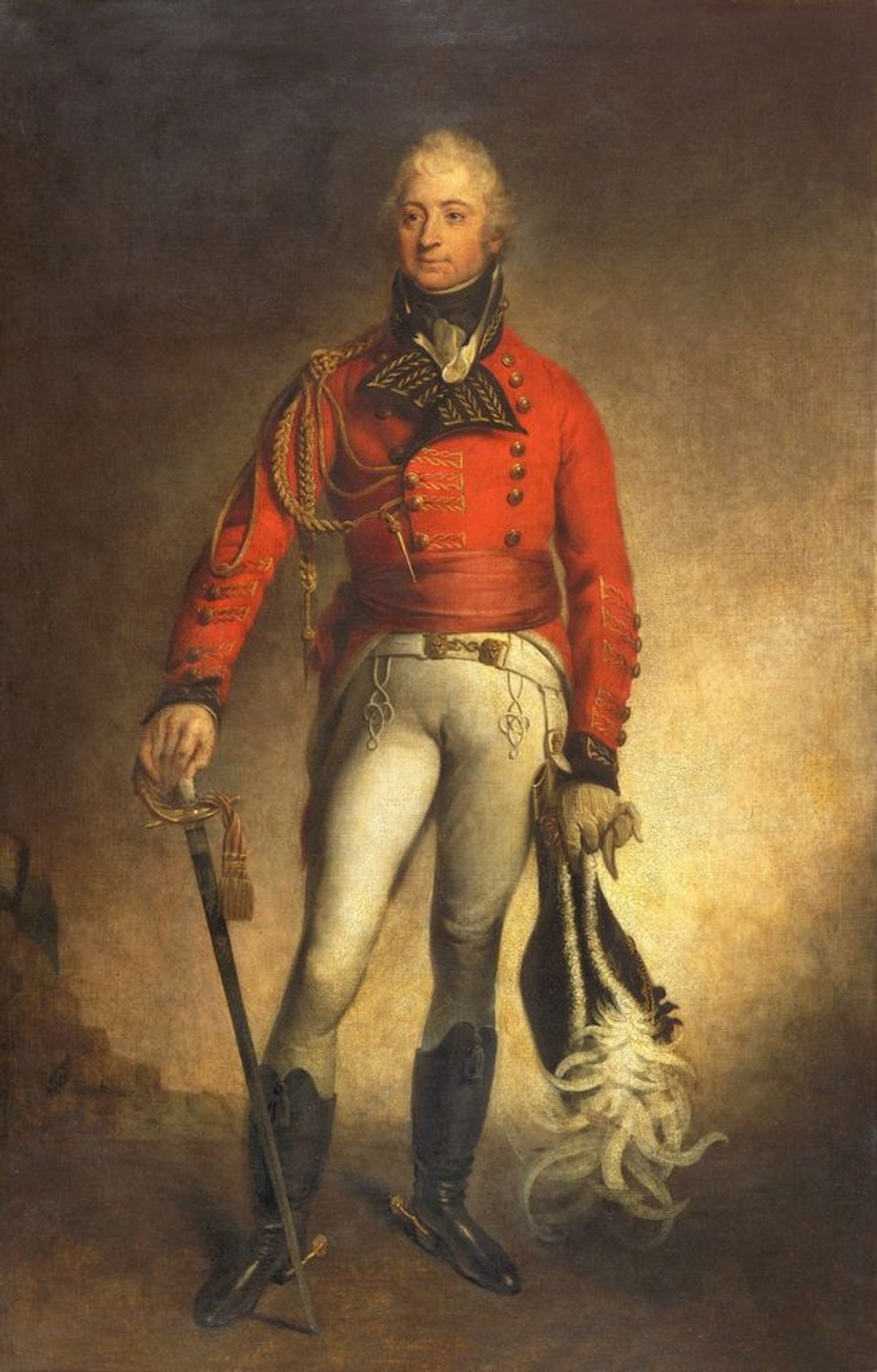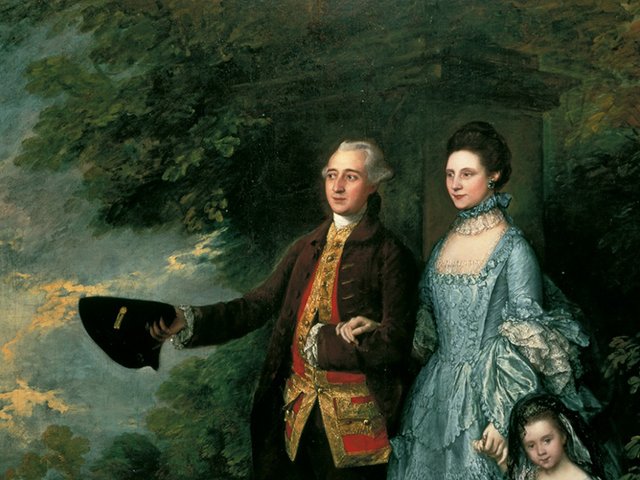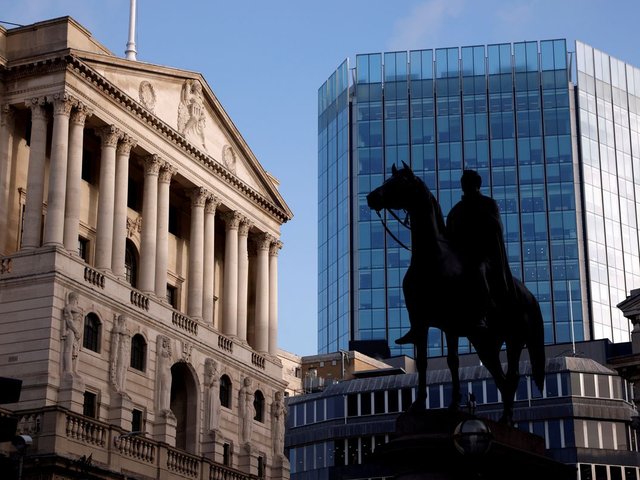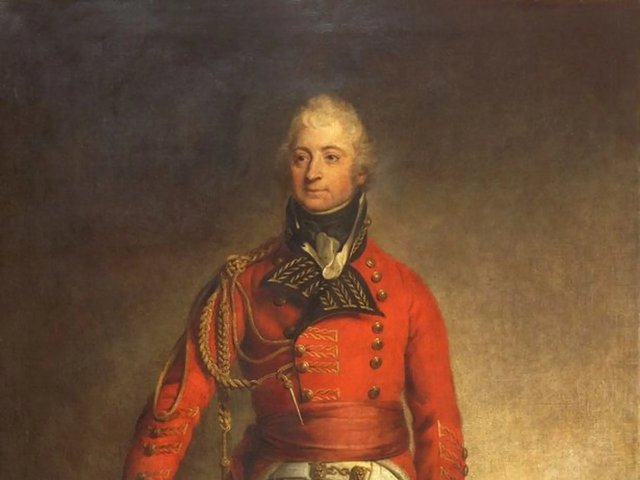The BBC newsreader Huw Edwards is caught up in a censorship row after he criticised the National Museum Cardiff for taking down a full-length portrait of the Welsh slave owner, Lieutenant-General Sir Thomas Picton. The painting by Sir Martin Archer Shee has been on display for more than 100 years in the Faces of Wales gallery at the museum.
Picton was killed in 1815 fighting at the Battle of Waterloo. “[He] has previously been hailed as a public hero but is equally notorious for his cruel treatment of Black enslaved people and free people, and for sanctioning torture during his governance of Trinidad, from 1797 to 1803,” according to a museum statement.
Edwards tweeted that he felt “uneasy about this element of ‘censoring’ history. Should not Picton remain on display as a reminder to Wales of an aspect of its past—no matter how disgraceful?”. Amgueddfa Cymru-National Museum Wales (incorporating National Museum Cardiff) posted on Twitter: “We aren't getting rid of anything, just providing more information about the man in the portrait and putting the portrait back on display in the coming months.”
The work will be kept in the museum’s stores before being “redisplayed and reinterpreted over the coming months”, officials adds. Edwards later tweeted: “Diolch/thank you Amgueddfa Cymru for the invitation to visit—gladly accepted—and a chance to discuss the best way of making sure Picton’s use of torture and slavery is not forgotten.”
The work has been replaced by another portrait entitled Hedger and Ditcher: Portrait of William Lloyd (1937), which was made by the Dutch artist Albert Houthuesen whilst on holiday in Trelogan in north east Wales.
“This project replaces one artwork, which assigns great importance to someone whose actions as Governor of Trinidad even at the time were seen as cruel, with a celebratory portrait of a worker, someone we could today consider to be a hero,” says Kath Davies, the director of collections and research at Amgueddfa Cymru, in a statement.
The decision to remove the portrait was made as part of Reframing Picton, an initiative involving Amgueddfa Cymru and community partner the Sub Sahara Advisory Panel. Two artists with Trinidadian roots have meanwhile been commissioned to "re-frame" Picton’s legacy. The new commissions—by the multi-disciplinary artist Gesiye and the UK-based collective Laku Neg—are due to go on show at the museum next August.
UPDATE: A museum spokesman says: "Huw has been invited into the museum to hear more about the process and to meet with individuals attached to the reinterpretation to allay any fears he may have around censorship and our commitment to putting the portrait back on public display."





